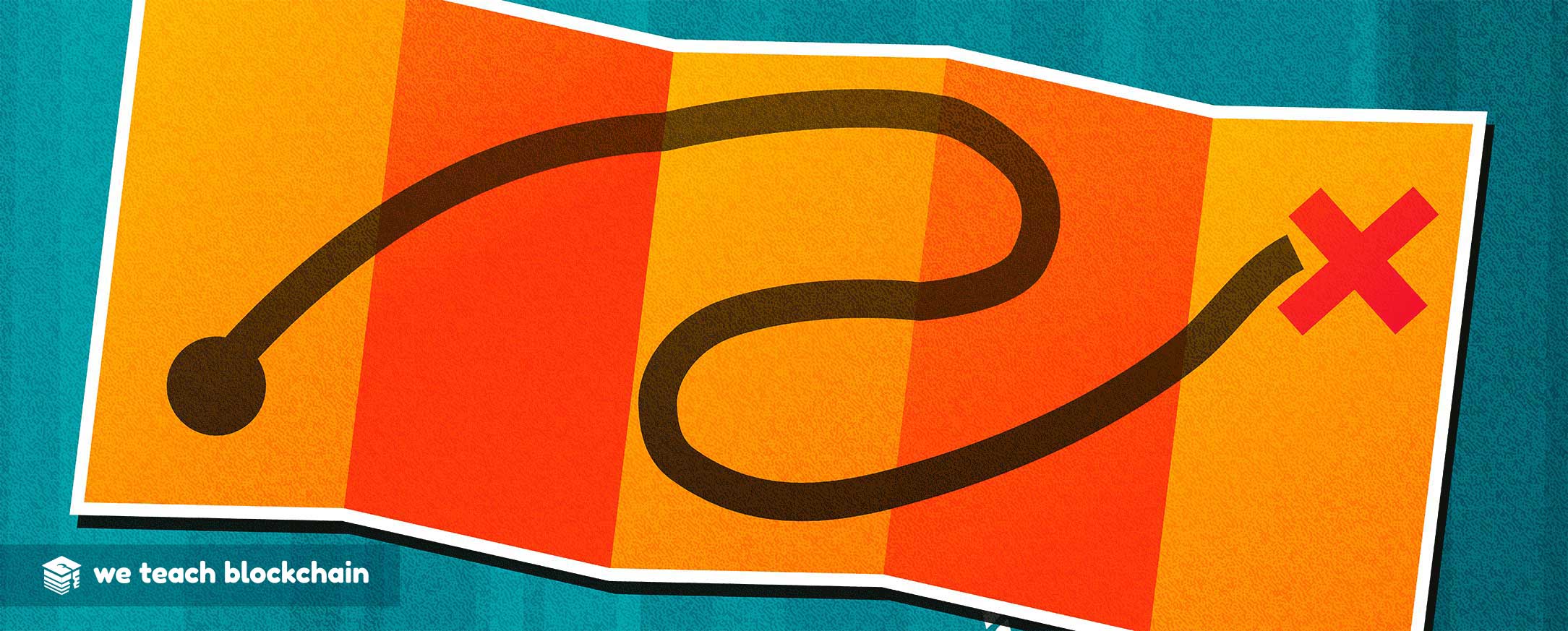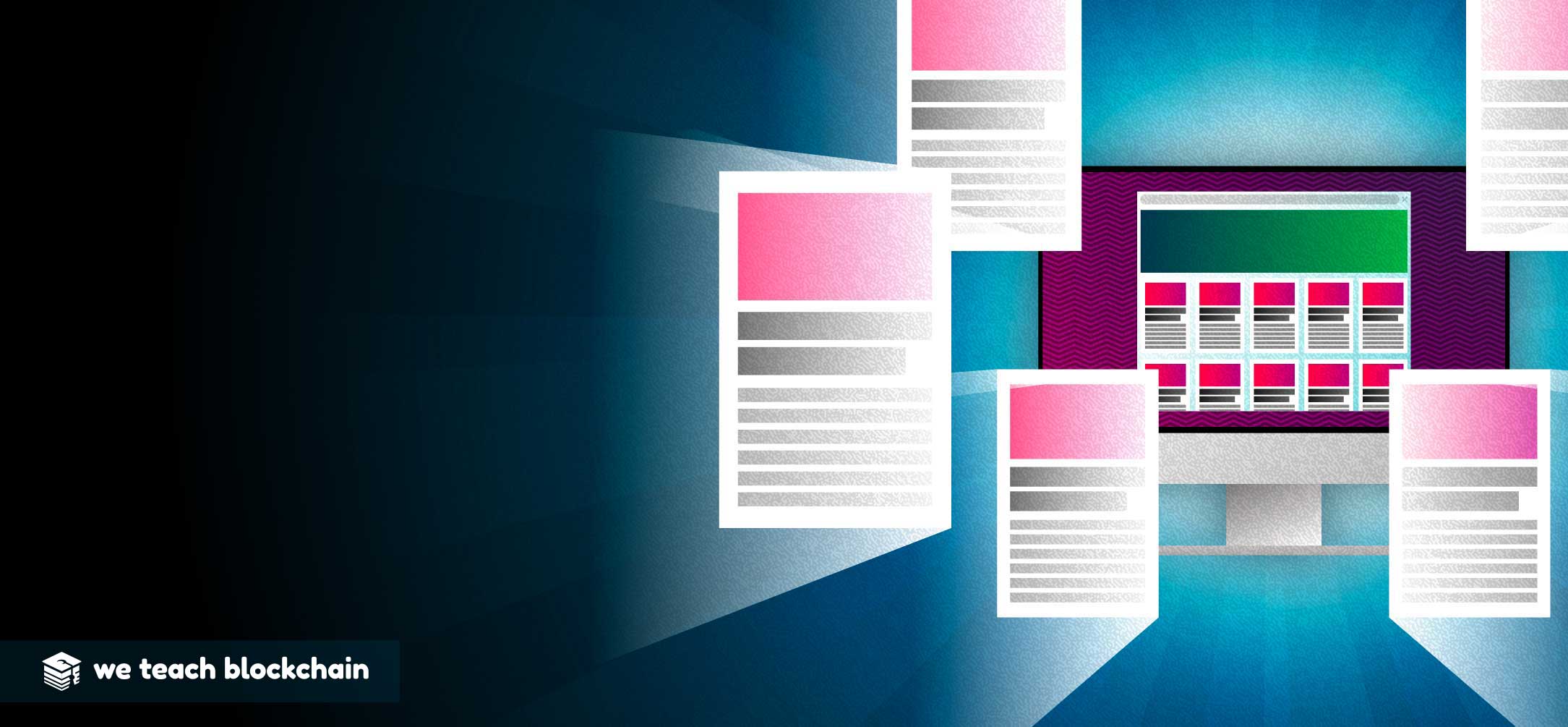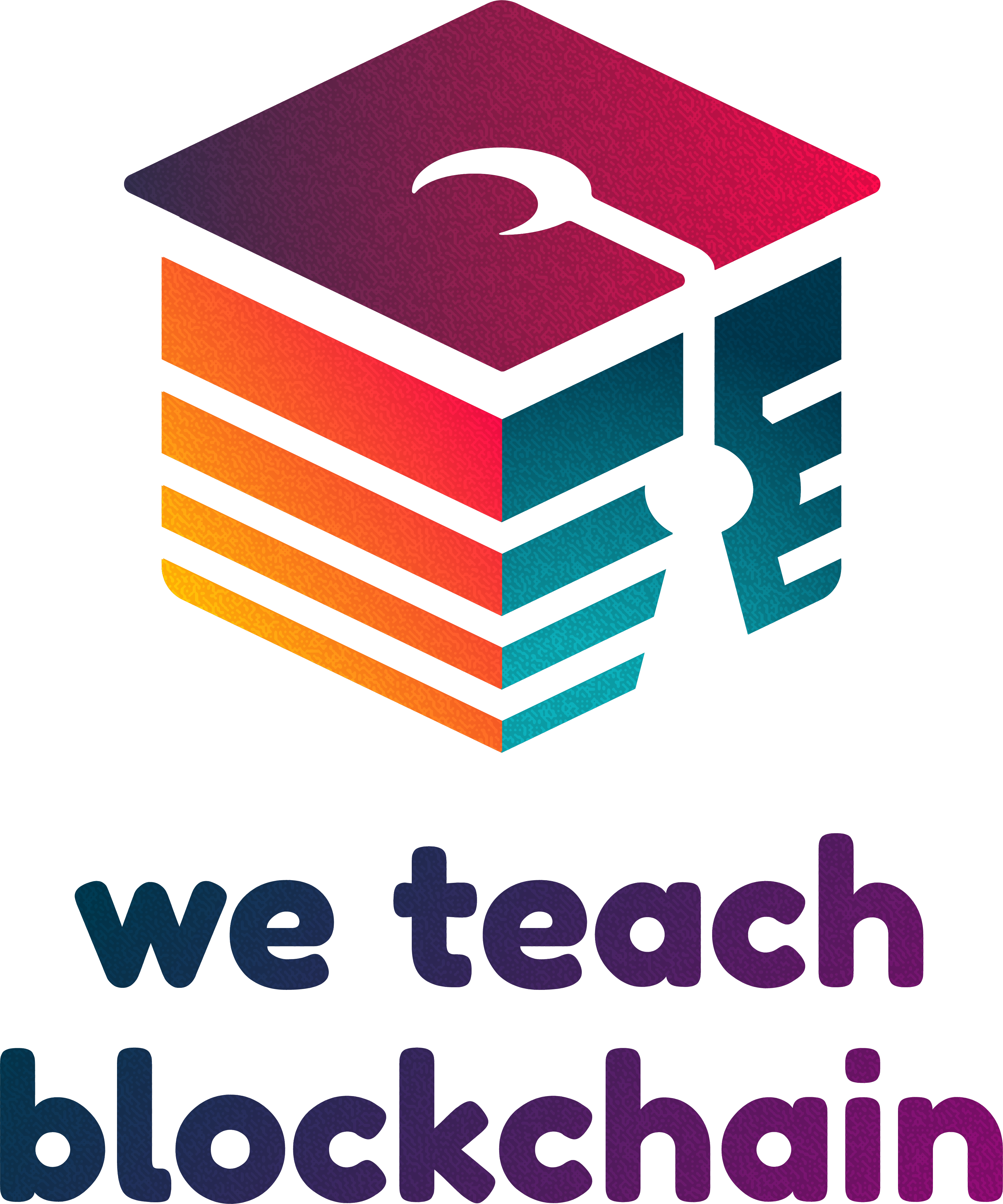So what does this all mean? Will decentralized storage replace traditional providers like Dropbox? How might all of this impact the way we interact on the internet?

WHERE WE STAND TODAY
Most decentralized storage projects, are still in somewhat nascent stages, experimenting with a variety of data storage and economic protocols. Some of these have been proven over time while others have been refined. As projects move out of the research phase and into the implementation phase, it will make it much easier to start planning infrastructure around a particular set of technologies.
WHERE WE WANT TO BE
Currently, decentralized storage is mostly in the alpha/beta realm with no real projects ready for a mass influx of users to operate on a production level. IPFS has an impact on several projects and allowed them to slowly begin moving towards Web3, however, developers must still seed nodes themselves to ensure files stay online. That all said, decentralized storage projects are advancing quickly and becoming more robust.
HOW TO GET THERE
Many of the data structure problems have been solved. What seems to remain is how to correctly incentivize users of the various protocols to achieve an optimal market for storage. It remains to be seen if excess capacity can be competitive with traditional storage such as Amazon AWS or Microsoft Azure. A lot remains unclear about the impact decentralized storage, however, its potential is certainly intriguing.
We’re here to help. If you have any questions or feedback about this course please email us at [email protected] - we’d love to hear from you!




